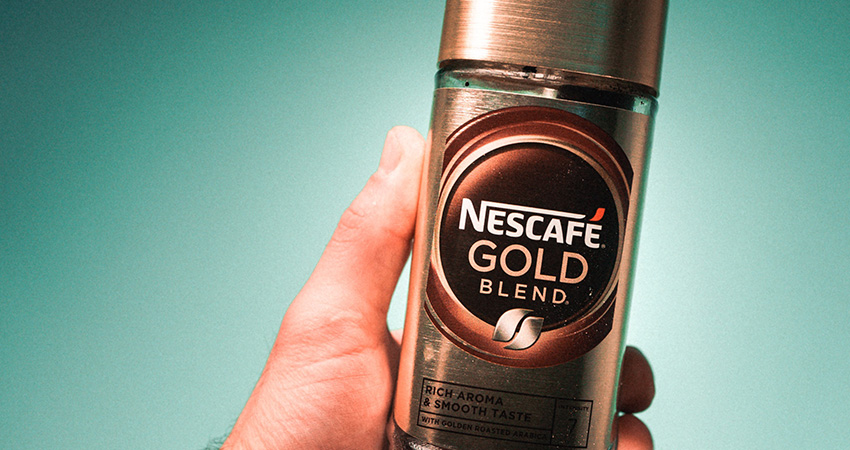The events of 2020 forced retail marketers to take a hard look in the mirror and come to terms with the state of customer relationships and especially brand loyalty. For some, especially those that quickly adapted service and delivery models, loyalty was a hero that allowed the customer-brand relationship to endure through significant change. In fact, research from Merkle’s 2021 Loyalty Barometer Report showed that 57% of consumers stayed loyal to a brand despite the events of 2020.
But for retailers that were not as nimble, reduced consumer spending, product availability and access issues, and even political and social positions were significant blows to brand loyalty, which led to switching behavior. And lingering inflation driving consumer skittishness make brand loyalty that much more of a difficult proposition.
While some consumers are willing to return to previous brand purchase activity — an indication of a strong and sustainable relationship with a brand — some may never come back because of recently adopted buying habits and experience expectations. The events of 2020 proved that transactional approaches to brand loyalty are fleeting and emotional connections matter, directly impacting the bottom line.
Loyalty and rewards programs are essential elements to improve the overall brand experience. A traditional and transactional “do/get” value exchange through a loyalty program establishes the functional bonds that provide rational benefits and earn trust. But this traditional value exchange alone is not enough to build the type of deeper emotional connection needed to weather future storms. Emotional loyalty strategies will be among the most successful in a post-pandemic world. They will transform programmatic approaches into meaningful moments, give customers more ownership in the experience, and connect customer and brand values through the program.
Strategy #1: Emotional Benefits
Leveraging rational benefits like discounts, offers and free products are table stakes in a loyalty program. The pandemic, however, shifted experience, service, and delivery expectations. Effective brand loyalty strategies in this new landscape must be about more than transactional, discount-based incentives. Ancillary benefits and services that deliver convenience, entertainment, recognition and belonging, throughout the member journey, will be the differentiators to securing brand love and mitigate switching.
Merkle’s consumer research found emotionally-focused strategies that make consumers’ lives easier and show appreciation for their business are how they want brands to cultivate emotional loyalty. This became particularly important as daily routines were disrupted and personal finances impacted because of COVID-19. And the single most important thing a brand can do? Surprise customers with offers and gifts! It’s this type of unexpected element that spikes emotional connections.
Strategy #2: Empowered Loyalty
Brand loyalty programs help build the customer-brand relationship by gaining permission to collect and activate customer data. Today, consumers rely on brands to predict and customize experiences based on that data. In the future, as personalization technologies develop and data strategies become more finely tuned, forward-looking brands can harness technology to empower customers to select earning and rewards features and benefits to create individualized loyalty programs. Say goodbye to cookie-cutter loyalty programs and hello to bespoke loyalty experiences.
Insights from Merkle’s 2021 Loyalty Barometer Report signal that customers want more control of the loyalty experience. In fact, 60 percent of consumers stated they would like to be able to personalize the way they can earn based on their preferences, and roughly a quarter don’t like loyalty programs because rewards aren’t relevant. Brands that can leverage the IKEA effect (a real, cognitive bias in which consumers place a disproportionately high value on products they partially created) and allow customers to participate in creating the loyalty experience can provide peaks of delight, along with a high intrinsic value because of the personal attachment to the end product.
Strategy #3: Values-Based Loyalty
Don’t confuse values-based programs – designed to connect with customers’ belief systems – with loyalty programs built to deliver tangible value. Values are the standards or criteria that individuals use to make decisions. For example, transparency, equity and service to others are values that both customers and brands may share. When an individual’s belief systems are activated, they become infused with feelings. This is the opportunity that values-based loyalty strategies present, one we’ll see more brands adopting as a result of 2020’s societal turbulence.
Merkle research indicates that in 2020, 13% of consumers started purchasing from a brand because they agreed with its public stance on societal events, while 16% stopped purchasing because they disagreed. And 14% of consumers said they want to feel connected on a common cause or set of values as part of a brand relationship. It’s important to note that values-based brand loyalty strategies are not just about tying a program to a specific cause or making charitable contributions. Future values-based programs will center the loyalty model on shared beliefs, weaving them into earning and redemption mechanics and making them core to the program experience.
The events of the past 18 months created fundamental shifts in the retail experience. It’s time to take stock of how has your brand experience has changed. What does your customer-brand relationship look like? How have the pandemic, social unrest, and political divide impacted your customers’ needs and expectations?
Assess how your brand loyalty program supports the total customer experience and how you’re sparking emotion throughout. Test new emotive approaches, gather direct customer feedback and adapt to meet ever-changing wants and needs. Brands that use their loyalty strategies to appeal to the deeper sense of connection we all seek will be the one leading the way into the next evolution of customer loyalty.
[note: this post originally appeared in 2021 and has been updated]
Michela Baxter is Senior Director, Strategy and Insights, Promotion and Loyalty Solutions for Merkle

